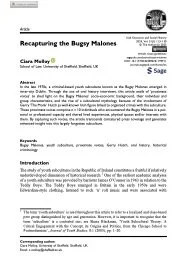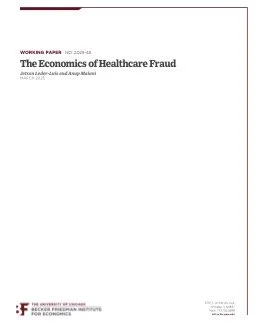By Ciara Molloy
In the late 1970s, a criminal-based youth subculture known as the Bugsy Malones emerged in inner-city Dublin. Through the use of oral history interviews, this article avails of ‘proximate voices’ to shed light on the Bugsy Malones’ socio-economic background, their individual and group characteristics, and the rise of a subcultural mythology because of the involvement of Gerry ‘The Monk’ Hutch (a well-known Irish figure linked to organised crime) with the subculture. These proximate voices comprise n = 10 individuals who encountered the Bugsy Malones in a personal or professional capacity and shared lived experiences, physical spaces and/or interests with them. By capturing such voices, the article transcends caricatured press coverage and generates enhanced insight into this largely forgotten subculture.
Irish Economic and Social History, 51(1), 113-130.







